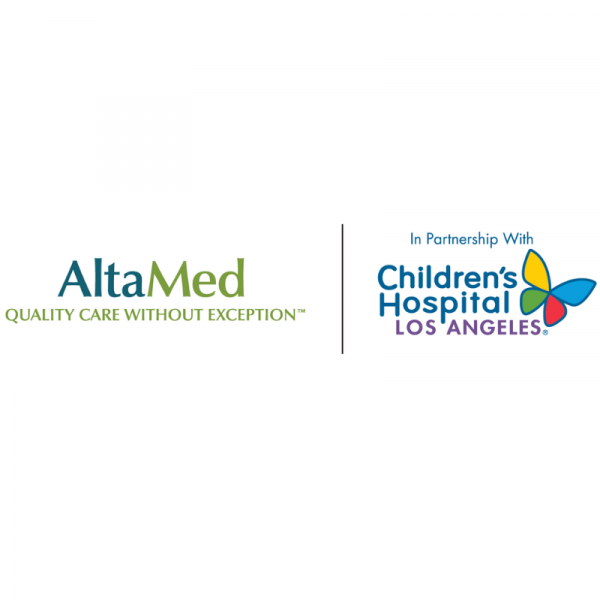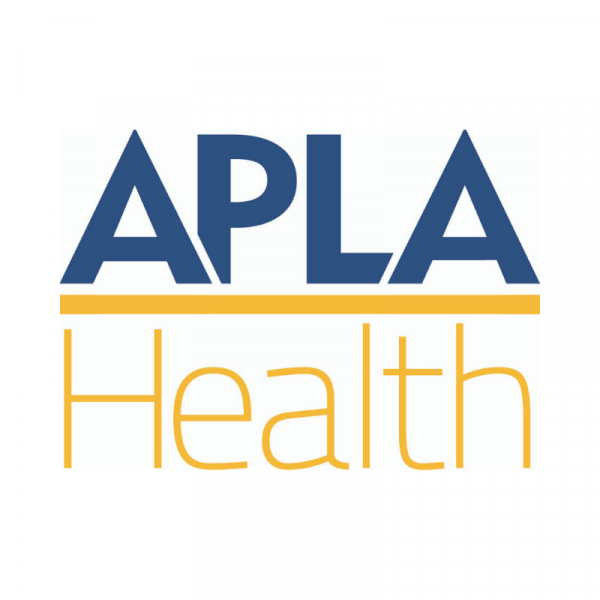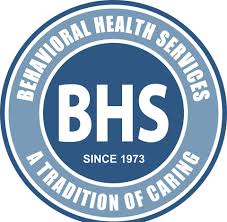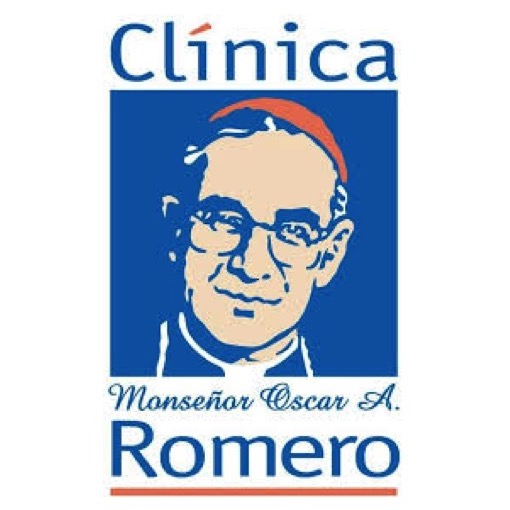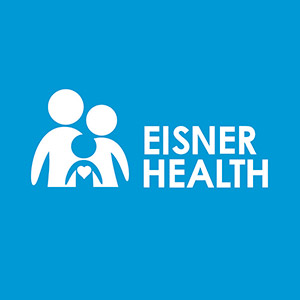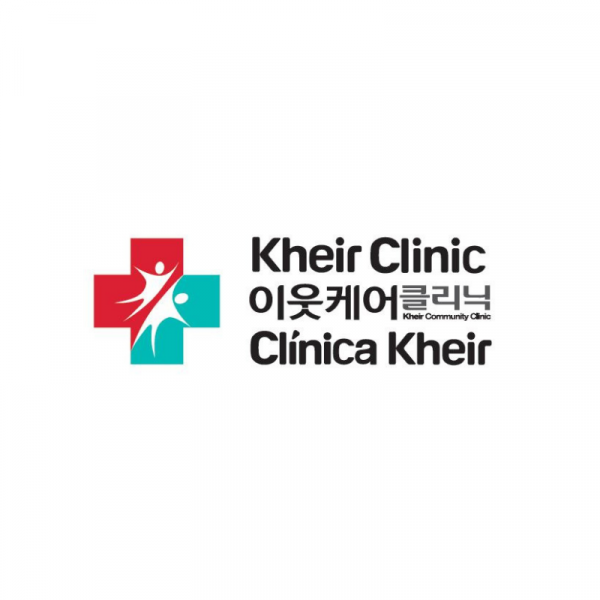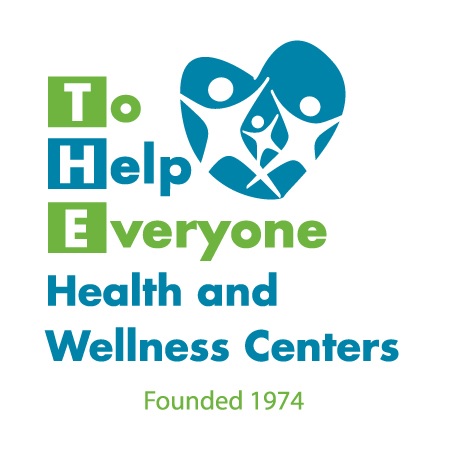OVERVIEW
Safety-net clinics have historically played a supportive role in assessing and addressing the social determinants of health. Today, the shift from volume-based reimbursements to value-based care has prompted clinics to focus on both clinical outcomes and upstream factors impacting health and well-being.
Patients served in community clinics in Los Angeles face challenges including, but not limited to, food insecurity and transportation. According to the Los Angeles Food Bank, an estimated 1.4 million people in Los Angeles County live with food insecurity, meaning approximately 16 percent of resident Angelenos do not have a reliable next meal. Separately, according to the California Health Interview Survey, approximately 17 percent of children and families have difficulty arranging transportation to-and-from their child’s health care provider. These social factors pose significant challenges for patients’ access to care, as well as contribute to poorer health outcomes.
Building on the Roles Outside of Traditional Systems (ROOTS) and activities already underway in clinics across California, this program provides a route for clinics to work and learn together and apply their assets, expertise, and credibility to the challenge of creating the systems and environments to address factors like food insecurity and transportation that impact patients’ health and well-being.


